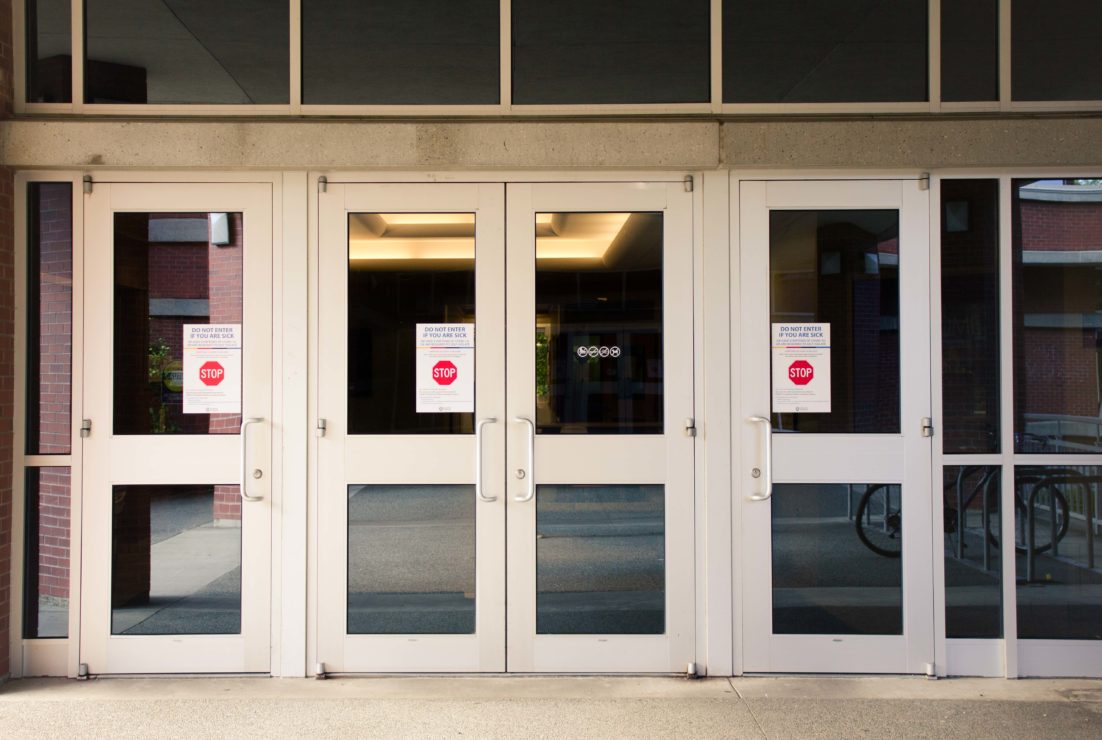
Going to university during a pandemic is proving to be mentally exhausting. Our staff feel it, and we hear it from our classmates and professors, too. We at the Martlet also recognize the unprecedented pressure that our university community is going through, and we all collectively need a reset button.
But although reading break is a welcome breather, the reality is that students and professors need more than just three days — we need less work.
Everyone’s lives have had some degree of uncertainty and exhaustion since the start of the pandemic. Despite being in pandemic times, many professors are expecting the exact same, if not more, from their students.
Our culture puts excessive value on productivity and hard work. This often comes at the expense of everything else. As we hunch over our devices and try and stave off the migraines and feelings of inadequacy and imposter syndrome, we can’t help but wonder — is this what productivity feels like?
The workload of a university student taking a full-slate of classes often amounts to a full-time job, if not more. With part-time jobs and extracurriculars, some students simply do not have the time to devote over 40 hours a week to their courses. Beyond that, we all need more time, amid COVID-19, to grapple with the additional pressures our communities are facing.
We need a real break. We also need our professors to be mindful that students need to have time off to work on themselves, and their relationships with family and friends.
Related: EDITORIAL| For students struggling with work, debt, and mental health, reading break isn’t enough
Since the switch to online classes, our university work has slithered into our personal lives and diluted any semblance of a work-life balance. Courses are no longer restricted to classrooms and labs. We participate in endless discussion posts that have become our classes, instead of the engagement of in person question-asking and involvement. This does not net the same mental benefits as interacting in person.
Three days of “break” while still being inundated with discussion posts, readings, and looming midterms on our first day back, is not enough. Professors will also benefit from taking a break. The time can be spent catching up on grading, spending time on their own research, or to taking a mental health break with the rest of us.
The privileged few that can afford to go to university without handling a part-time job on the side are often able to whip up a paper over the weekend or spend extra time in office hours with professors. It is much harder to study in the break room of a Starbucks (some folks on staff have tried).
Students, who are overrepresented in the service industry, saw a loss of employment due to the pandemic. Working in these jobs is the only thing that allows many to complete their degree without going into overwhelming amounts of debt.
Analysis from TD Bank, reported by News1130, indicates that people under 30 were the most affected by pandemic job losses. After graduation, students can now expect to earn 5 per cent less over their lifetime in comparison to those that graduated during better economic times.
The stress of the pandemic is weighing heavily on students, and our staff have felt our mental health deteriorate. In order to take better care of ourselves, we need time to do just that.
We’re not asking for more self-care strategies. We’re not asking for more support groups or study groups or Zoom break-out groups. For the benefit of student welfare and mental health, it would be nice to extend the reading break and lessen students’ workloads. We aren’t pushing for the right to be lazy, we are pushing for the right to breathe in a world that’s threatening to engulf us all in anxiety.







